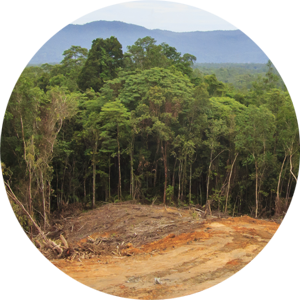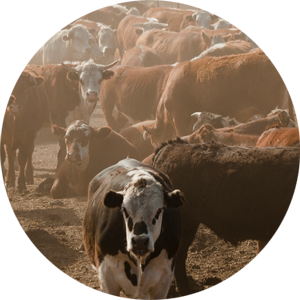“There are variations on the theme of the optimal diet for human health, and all of them are made up mostly of wholesome plant-based foods,” says Dr. David Katz from the Yale-Griffin Prevention Research Center. He joins a host of leading doctors, nutritionists and research extolling the health benefits of eating a diet of mainly vegetables, fruits, legumes, nuts and grains.
Not only does eating more plant-based improve your health, but it’s your best defense against illness. Studies have found that those eating a vegetarian or vegan diet reduce their risk of heart disease, type 2 diabetes, certain types of cancers and obesity. To learn more about the impacts meat and dairy has on our bodies and the perks of plant-based foods, visit our Health page.





